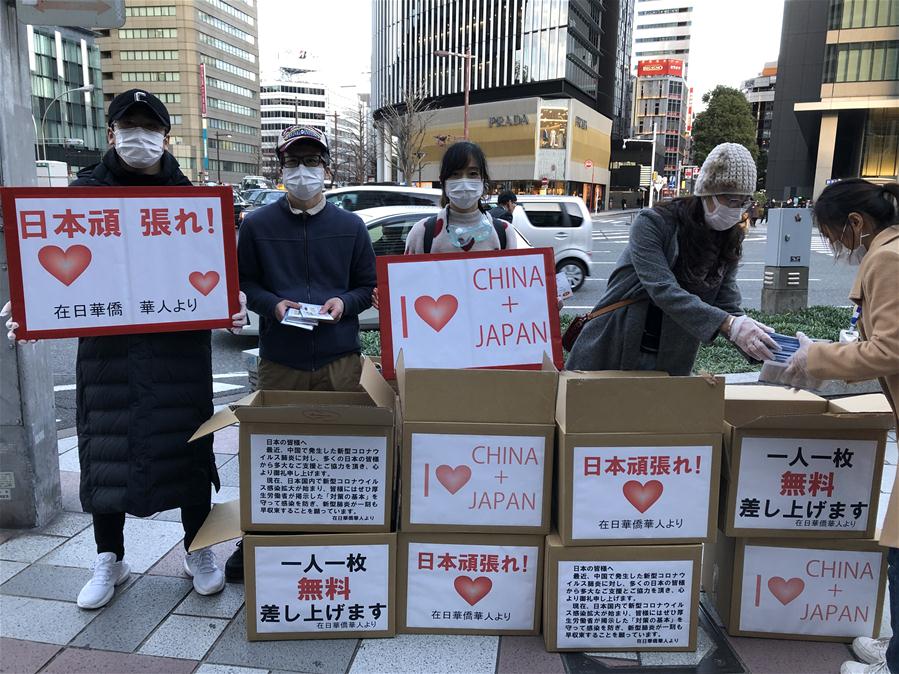
Tokyo: Japanese Prime Minister Shinzo Abe said Tuesday he would like to make "full use" of a fiscal 2019 reserve fund as a second emergency package to combat the COVID-19 outbreak as the number of infections continue to rise in Japan.
"We will decide whether to use all of the fund when we finalize the details of the package on March 10. We'd like to make full use of it," Abe told a parliamentary session on Tuesday.
The Japanese leader was referring to a reserve fund of 270 billion yen (2.5 billion U.S. dollars), as six more infections have been confirmed, bringing the total to 986 and the death toll to 12.
Of the 986, however, more than 700 confirmed cases stem from the virus-hit Diamond Princess cruise ship that was quarantined in Yokohama near Tokyo. Six of the 12 who died from virus-related illnesses were liked to the cruise liner.
As for the second emergency package, the government has said it will compile the parameters of the package by March 10 with an aim to help mitigate the financial burden being suddenly imposed on parents after Abe decided last week that all schools nationwide should be closed from Monday to help contain the virus with children to remain indoors.
In addition, funds will be allocated to bolster medical services and help underpin small and medium-sized companies (SMEs) that are buckling under the economic burden resulting from the impact of the virus on domestic and global supply chains, demand, investment and labor-related issues.
A final figure for the emergency package has yet to be decided on, the government has said.
The government's first package, however, was to the tune of 15.3 billion yen (142 million U.S. dollars) and announced in mid-February with funds predominantly earmarked for emergency medical needs including the development of rapid-test kits and work towards developing a vaccine to fight the virus.
In terms of additional virus-related spending, Abe said Tuesday that for the fiscal 2020 budget, for the time being, if necessary, funds designated for "various downside risks" to the economy could be tapped.
"Whether additional spending will be needed depends on the impact of the coronavirus on the global and domestic economies, and we will carefully analyze it and take action without hesitation if necessary," said Abe.
Also on Tuesday the ruling Liberal Democratic Party drafted a number of proposals aimed at cushioning the economic blow of the outbreak and called for the government to compile a supplementary budget for fiscal 2020.
Japan's upper house of parliament, meanwhile, is currently gearing up to pass a record 102.66 trillion yen (952 billion U.S. dollars) budget following its passage through the lower house last week.
Argentina confirms first COVID-19 case
Argentinean authorities on Tuesday confirmed the country's first case of the new coronavirus (COVID-19).
The patient is a man, 43, who returned to the capital Buenos Aires on Sunday from a trip to Italy.
"The man was in several places in Europe, but mainly in Italy, in the north," Health Minister Gines Gonzalez told reporters at a press conference.
On his return flight, "he traveled in first class, which somewhat limits close contact" with others, said Gonzalez.
The patient told healthcare workers that he lives alone and had not gone out socially, so the chances of having infected others were low.
In Latin America, Brazil, Ecuador, Mexico and the Dominican Republic have also reported cases of the new coronavirus.